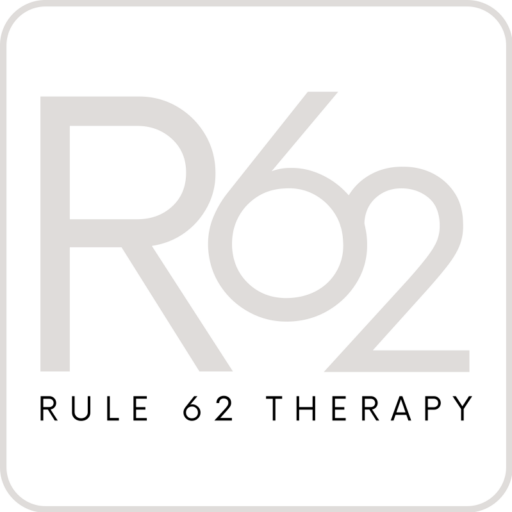
Understanding Depression: Symptoms and When to Seek a Therapist
What is Depression?
Depression, also known as major depressive disorder, is a disorder that affects how you feel, think, and behave. It can lead to a variety of emotional and physical problems. Here are some key points about depression:
- Clinical depression is one of the most common mental health conditions.
- Persistent Sadness: Depression causes a persistent feeling of sadness, emptiness, or hopelessness.
- Loss of Interest: People with depression often experience a loss of interest or pleasure in much of their normal activities or things that used to bring joy.
- Physical and Emotional Symptoms: Depression affects sleep patterns, energy levels, appetite, concentration, and overall well-being.
- Not Just “Feeling Down”: It’s important to recognize that depression isn’t just a temporary bout of sadness; it’s a serious condition that requires attention and treatment.
Common Symptoms of Depression
During depressive episodes, symptoms occur most of the day, nearly every day for at least two weeks. These symptoms may include:
- Feelings of Sadness: Persistent feelings of sadness, tearfulness, or emptiness.
- Irritability and Frustration: Angry outbursts, irritability, or frustration, even over small matters.
- Loss of Interest: Reduced interest or pleasure in normal activities, such as hobbies, sex, or sports.
- Sleep Disturbances: Insomnia or sleeping too much.
- Fatigue and Lack of Energy: Even small tasks may require extra effort.
- Appetite Changes: Reduced appetite and weight loss or increased cravings for food and weight gain.
- Anxiety and Restlessness: Feelings of anxiety, agitation, or restlessness.
- Slowed Thinking: Difficulty concentrating, making decisions, and remembering things.
- Feelings of Worthlessness or Guilt: Fixating on past failures or self-blame.
- Thoughts of Death or Suicide: Frequent or recurrent thoughts of death, suicidal thoughts, or suicide attempts.
When to Seek a Therapist
Therapy can be incredibly beneficial for individuals experiencing depression. Here are some signs that it’s time to consider talking to a therapist:
- If you feel overwhelmed, hopeless, or emotionally distressed, seeking therapy can provide support and coping strategies.
- Whether you’ve been diagnosed with depression or suspect you have be experiencing it, therapy can help.
- If you’ve experienced trauma, therapy can assist in processing and healing.
- If you are going through significant life changes (such as loss, divorce, or relocation), you can benefit from therapeutic support.
- If stress is impacting your daily life, therapy can teach effective stress management techniques.
- Therapy helps address unhealthy habits, patterns, and communication skills.
Remember, therapy isn’t only for crisis situations. It is also for addressing issues before they become emergencies.
Conclusion
Remember that seeking therapy doesn’t require a crisis. If you’d like to explore therapy, reach out to a qualified therapist. Everyone can benefit from therapy, and taking care of your mental health is essential.
If you’re experiencing symptoms of depression or need support, consider reaching out to a therapist. You don’t have to face it alone!
External Resources for Mental Health Support
National Institute of Mental Health (NIMH):
- The NIMH provides comprehensive information on mental illnesses, treatment options, and where to find help. Visit their website for valuable resources: NIMH Help for Mental Illnesses.
- In urgent situations, call 911 or use the 988 Suicide & Crisis Lifeline for confidential support.
- Veterans can reach out to the Veterans Crisis Line by calling 988 or texting 838255.
- For disaster-related distress, contact the Disaster Distress Helpline at 1-800-985-5990.

